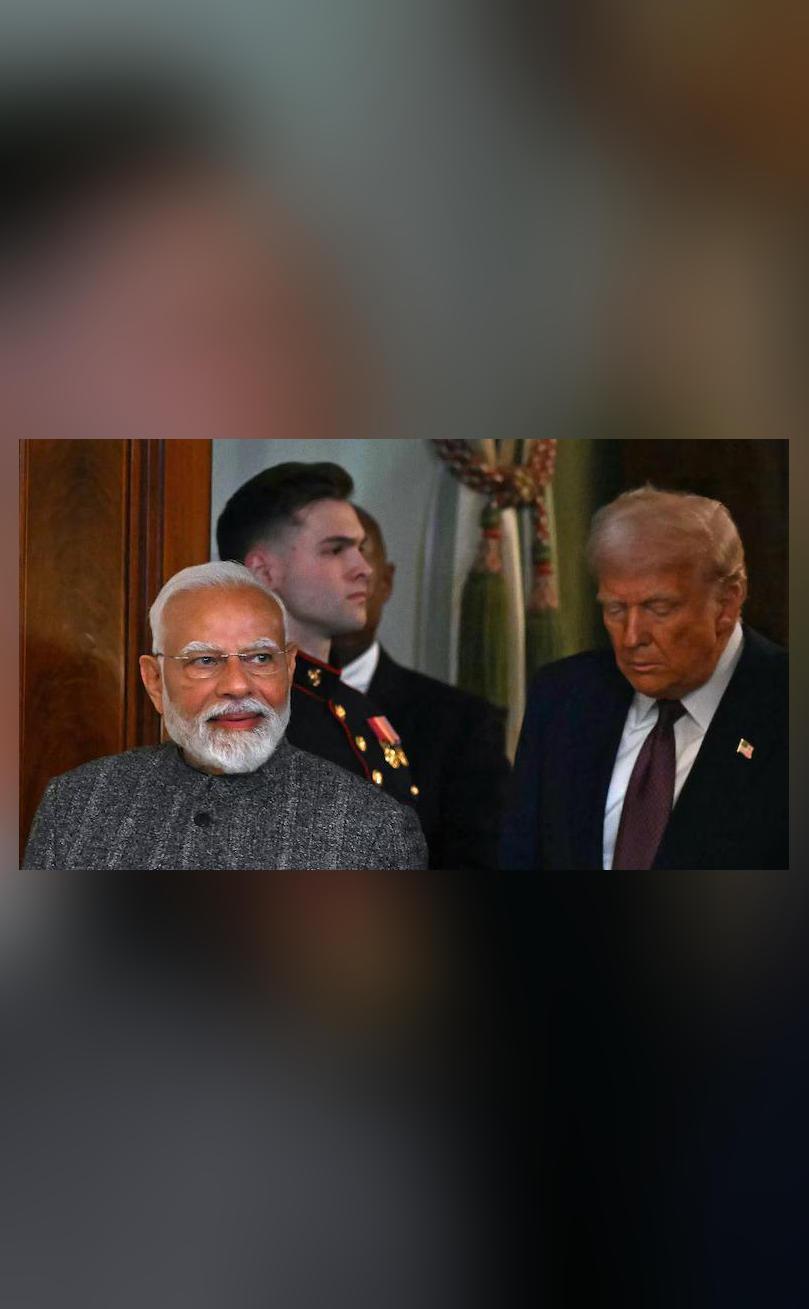
Trump’s Tariffs Can Push India Closer to Russia & China: Ex-US NSA
In a recent move, the United States imposed 50% tariffs on several Indian products, sparking widespread criticism from many quarters. One of the most prominent voices to criticize the move is former US National Security Advisor John Bolton. In an interview, Bolton warned that President Donald Trump’s decision to impose tariffs on India could have unintended consequences, potentially pushing India closer to Russia and China.
The tariffs, which were imposed on June 19, target a range of Indian products, including steel, aluminum, and ceramics. The move is seen as a response to India’s decision to impose retaliatory tariffs on several US products, including almonds, apples, and walnuts.
Bolton’s warning comes at a time when India is already strengthening its ties with Russia and China. In recent years, India has been gradually distancing itself from the United States, particularly under the leadership of Prime Minister Narendra Modi. The imposition of tariffs by the US could further accelerate this trend.
“Trump’s heavy-handed tariffs on India jeopardise decades of American efforts to bring India away from Russia and China,” Bolton said in an interview with News18. “It’s a mistake. It’s a wrong decision. It’s going to have serious consequences.”
Bolton’s criticism is significant, given his background as a former US National Security Advisor. During his tenure, Bolton was a key advisor to Trump on national security issues, including trade policy. His views on the tariffs therefore carry significant weight.
The imposition of tariffs by the US has been met with widespread criticism in India. The Indian government has accused the US of using unfair trade practices, and has vowed to retaliate against the tariffs. The Indian industry has also expressed concerns about the impact of the tariffs on their businesses.
However, the US government has defended the move, saying that it is necessary to protect American industries from what it sees as unfair competition from India. The US has been critical of India’s trade practices, including its restrictions on foreign investment and its high tariffs on several US products.
Despite the criticism, the Indian government has shown no signs of backing down. In fact, it has accused the US of trying to bully India, and has vowed to continue to defend its interests.
The implications of the tariffs go beyond just trade policy. The move has significant implications for the broader relationship between the US and India. The two countries have been working together on several key issues, including terrorism and non-proliferation. The imposition of tariffs could put a strain on these relationships, and may even threaten to derail them.
In recent years, the US and India have been working to strengthen their relationship, particularly in the areas of defense and security. The two countries have been cooperating on several key issues, including counter-terrorism and non-proliferation. The imposition of tariffs could put a strain on these relationships, and may even threaten to derail them.
The impact of the tariffs is not limited to just the US and India. The move has also significant implications for the broader global economy. The tariffs could lead to a trade war between the US and India, which could have far-reaching consequences for the global economy.
In conclusion, the imposition of tariffs by the US on India is a complex issue with significant implications for the broader relationship between the two countries. While the US government defends the move as necessary to protect American industries, critics argue that it could have unintended consequences, potentially pushing India closer to Russia and China.
As John Bolton warned, the tariffs could jeopardise decades of American efforts to bring India away from Russia and China. The implications of the tariffs are significant, and the US and India must work together to find a resolution that balances their competing interests.






